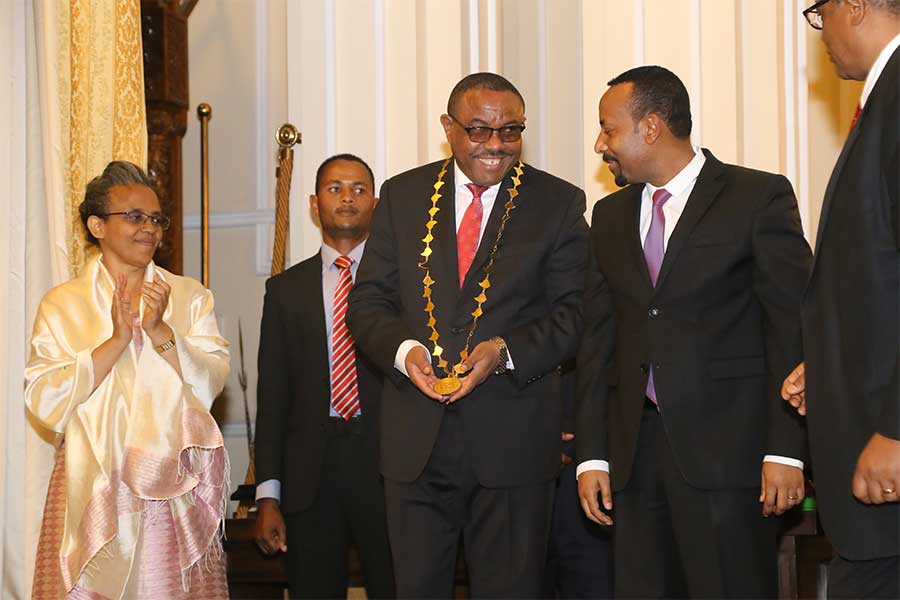
News Analysis | Jan 05,2020
The Legatum Institute, a London-based think-tank, recently released an economic case study of Ethiopia, titled, "Pathway to Prosperity." The report focuses on the economic planning and growth outcomes of Ethiopia over the past few decades and recommends governance and policy directions for securing middle-income status by 2050. Stephen Brien (PhD), director of policy at the Institute, the lead author of the report, sat for an interview with Christian Tesfaye, Fortune deputy editor-in-chief, to further discuss the report as well as current issues such as the COVID-19 pandemic and the civil war in the north.
Q: A good jump off point in discussing economic development would be the problems we ran into here in preparation for this interview. The office internet network was out for half of the day and we were worried that we would not be able to connect with you over Zoom. We finally worked it out but we are still uncertain, which is why we are sitting here with a backup WiFi dongle, just in case the broadband connection fails. How critical is infrastructure in the hierarchy of the requirement for economic development?
Stephen: The development of a broad-based, broadly accessible telecommunications network is a critical component of a modern economy. It not only allows commerce to be conducted at a distance, it helps farmers and others know what the market prices are and allows for financial transactions to happen. One of the most important works that needs to happen in Ethiopia is to capitalise on the reforms taking place in the telecommunications sector to get more participants, more investment in such that the rural economy is able to take advantage of the technological advances that have made such a difference in the major cities.
Q: COVID-19 has had a devastating impact on Ethiopia’s economy and it has thrown a wrench into the government’s plan to open up the economy as well as the various reforms underway. Would you say that difficulties such as this would allow for more economic openness going forward instead of heavy state intervention?
We need to see the world as having two big participants, the market economy and the government. The most important thing is that each player has a constructive role. The government through the political process is best placed to identify long-term goals. For instance with COVID-19, how do you balance public safety with economic growth? These are fundamentally political decisions. The government needs to be setting that framework.
On the other hand, coming through COVID, addressing big challenges like climate change, it needs to be a discovery process. None of us know what the answer is, and market mechanisms where people are free to compete and innovate have been proven to be the best means of discovering new things, creation, entrepreneurship and opportunities. The trick is for the government to allow and encourage innovation in the marketplace, to set the guardrails and the rules of the game through the political process.
Q: Ethiopia is suffering from not just the assault of the COVID-19 pandemic, but a civil war in the northern part of the country. How deep would the scars of these challenges be felt with the optimistic view that neither are long-term?
The COVID scars are perhaps a couple of years. There will obviously be a new world after the pandemic. We would be doing a lot more testing and wearing masks, probably be more conscious about large events. But this is a marginal change to our society, and if anything, it is going to accelerate the use of technology.
But civil war and conflict in any country tends to take much longer to redress. With issues around the social contract, trust between different groups of people, levels of trust between a government and citizens – these are much more emotional matters. They need time for the scars to heal. They need steady building blocks of trust to be established on both sides. It can take many years to get to the point where communities are willing to engage with each other, and before commerce and other types of interactions between these communities can work in a constructive way. The civil war will probably have deeper scars than COVID.
Q: So, more than the impact that the civil war would have had on physical infrastructure or investor confidence, the greater damage would have been on the social infrastructure and how people come together to solve problems?
Exactly. And you want that coming together to solve problems to be voluntary and natural, to be the thing that everyone sees as win-win. Commerce in itself is a great accelerator of that but there has to be a modicum of trust for trade to take place.
Q: That is somewhat similar to Milton Friedman’s explanation of how a diverse array of people that may not like each other from around the world come together to make a pencil, right?
Yes. A pencil looks like a simple object. When you break it down, you produce the lead, the wood, the wax and hundreds of people from all around the world come together to do it. It is a great analogy for the development of commerce and the economy of Ethiopia. How do you create new products and recognise that different regions have a part to play? That is a great way of bringing back the country together again.
Q: One of the consequences of the war has been the sanctions placed on Ethiopia by the United States and the European Union. With the view that they are long-term, what do you think is their impact upon the economy, and especially on vulnerable people already in poverty?
The history of sanctions around the world is very mixed. It comes out of a free-trade argument: if trade between nations is good and helps everybody, a sanction is a form of punishment because it reduces the ability of that trade to happen.
In the modern era, it has served two purposes. The most impactful one is as a public declaration of disapproval. Thus, the US and the EU are effectively saying in public, “we are not happy with some of the things we are seeing in Ethiopia,” and likewise in places like Zimbabwe. These are public declarations of values and a sense of whether a country is adhering to a certain set of values or not.
The second argument is, as in any form of punishment, if we can give people an option to change their behaviour and lift the sanctions maybe that is an incentive do so. But we need to look around the world. The history of sanctions systems is rarely that they have such a direct or Pavlovian impact. The more recent approach is – and I would not advocate this necessarily for Ethiopia – targeted sanctions towards the elites of the regime. It is a way of making a point without damaging the welfare of the populace. I think it is probably savvier.
I would say to anybody, the US, the EU or Ethiopia, let us get together and work out what these issues are; let’s get a greater level of understanding and think through what form of reconciliation can be undertaken to get to the point where trade works and disputes are resolved.
Q: One of the points that the report by the Legatum Institute makes is that, beyond peace and stability, competitive and open politics is important to economic growth. There is no doubt that there is no way around the first two, but considering the rise of China, is democracy as pertinent?
The first prerequisite is a form of peace and stability. No nation develops without a reasonable modicum of those two. It does not have to be all over the country. History shows that some countries that contained civil wars can progress but, in general, peace, security and stability is the first prerequisite.
What is the best way of achieving that? You can argue that one way is through an authoritarian reach, a firm grip on the apparatus of the state such as the military and the police. Political disputes under such a regime are suppressed.
The alternative is if I can set up a system whereby political disputes – recognising that different groups of people will have different views – find some reconciliation and accommodation, in that mode, a quasi-democracy, what you have is an ability to resolve the disputes. In a pluralistic system, we recognise that people have different views. We recognise that is normal and we have a peaceful way of resolving it.
The value of those different views has two major effects. One is on the nature of the government system itself. Governments tend to be more meritocratic in democratic systems – you are not appointing cronies or engaging in political favouritism. Secondly, the economy is more democratic. Therefore, there are more ideas, more innovation and there is a better opportunity for growth. People can think and ideate freely, recognise a different set of competitors as sources of product. A more pluralistic system creates a more competitive economy that allows more innovation and growth. But authoritarian systems tend to have less dynamic economies and less diversity of thought; they tend to get trapped.
This week, the fact that Prime Minister Abiy Ahmed (PhD) appointed members of opposition parties to the cabinet was a great demonstration of a form of pluralism. That is a very good sign going forward.
Q: Ethiopia is a member of the African Continental Free Trade Agreement (AfCFTA), a highly anticipated trade deal. There is much discussion and buzz around it. Is there a reason to believe that it is somewhat overrated, especially because most African countries are commodity exporters and would not have all that much to trade between themselves?
We need to differentiate between the AfCFTA, a piece of paper signed a couple of years ago, and the idea of enabling greater trade between African nations. A piece of paper is nearly always overrated but the opportunity should not be dismissed. African nations trade with each other less than other equivalent continents. There is a trade gap within African that needs to be bridged.
Middle-income countries, when they are producing and exporting manufacturing goods, tend to export to countries of similar level of development. They are not necessarily exporting into high-tech markets but mid-tech exporting into mid-tech markets – a very good form of trade. It is much more balanced than a high-tech country trading with a low-tech country.
But it is all about implementation. Signing the deal, promising to reduce tariffs is one thing. But sweating the details – for example, all the border administration, how many documents do you need to export a product, what about importing and delays at borders? – is where the real gain can come. Yes, you have got a political will but that has to be driven through on the ground. You have to get rid of the massive lines of trucks at borders, and realise an electronic-single window where all the documents go and are cleared automatically.
This requires a change of heart among political leaders to embrace the idea that importing ideas and capital, particularly as you trade between similar nations, adds great benefit to everybody. It is not just a trade agreement to export but having an agreement that makes the flow of goods, people and ideas across Africa easier is what can make a difference.
Across Africa, there are many examples of best practice. If you brought them all together – the best of communications, transport, business rules – across Africa, it looks like a Mediterranean European country. How do you collectively share your knowledge and best practice with each other? That is where trade, commerce and exchange of ideas is so powerful and beneficial.
Q: Do you think that Africa will fall into the same type of problems with the AfCFTA that we saw with other international trade agreements, where a segment of a country’s population feel that they are losing out because of it?
This is the one level were Africa has a level of advantage. The levels of economic development, the cost of living, the productivity range in Africa is not as divergent as it is elsewhere. When there is trade between countries with very different standards of living and productivity, there will be a significant flow of capital and jobs in different directions. As a result, there is the sense that all of these jobs have been lost. The consumers benefit but the producers do not.
With two countries of similar level of economic development, trade between them, the sort of the trade and its benefit, are much more balanced. The economist [David] Ricardo looked at trade between England and Portugal a few centuries ago, where one was producing cloth and the other wine, and he found that you see the benefits.
Within Africa, trading between nations of similar levels of development and cost profiles, albeit with different specialisations, can produce a balanced win-win in the way that trading between America and Ethiopia does not always produce.
Q: You have studied and analysed in depth Ethiopia’s economy over the past three decades, and that is what is reflected in the report. There was a time when the world saw the country as one of the more formidable developing countries in Africa. They now seem to think that it is basically hopeless. Where do you see the economic welfare of its people, say, by 2035, with the best likelihood being that the current political status quo prevails?
What will make the biggest difference between success and failure, and high or low growth trajectory, is resolving the political tensions, not just in the northern part of the country but between other regions as well.
If you are a foreign investor looking to come into the country, two or three years ago, you could cut a deal. You are now questioning it – what is going on? You see the news reports about tensions and decide to locate somewhere else, and maybe export into Ethiopia as it is still an attractive market. There is a psychological thing that needs to be addressed for the outside world to feel comfortable, for Ethiopia to be an emotionally safe bet.
There is huge potential in the country – a young population, the education system has improved dramatically, and the youth bulge coming through could be an enormous force. Supporting the workforce to become entrepreneurs and generate jobs is going to become a critical part of it. The older established economy probably cannot create jobs of the old type fast enough with the bulge coming through.
You need to turn around and say, “how do I make sure this younger generation creates its own economy for itself?”
The older developmental state model does not have the capacity to create employment for all the people joining the labour force. You need to find a way of encouraging entrepreneurship and for the new generation to create its economy. If that happens, the country could be in a very different place in 10 or 15 years. But for that to happen, you have to feel that I can set up a business here, trade locally within the region, and across regions. If I need a plot of land for a factory or if I need to work inside the industrial park, I have got good access to services, I have got reliable electricity and water and I am not going to get harassed for things like licenses.
There has been some work on this but a lot more is needed. The Prime Minister’s effort to put the private sector in the driver’s seat is absolutely right but it needs to be embraced by the entire country.
PUBLISHED ON
Oct 09,2021 [ VOL
22 , NO
1119]

News Analysis | Jan 05,2020

Fortune News | Jul 11,2021
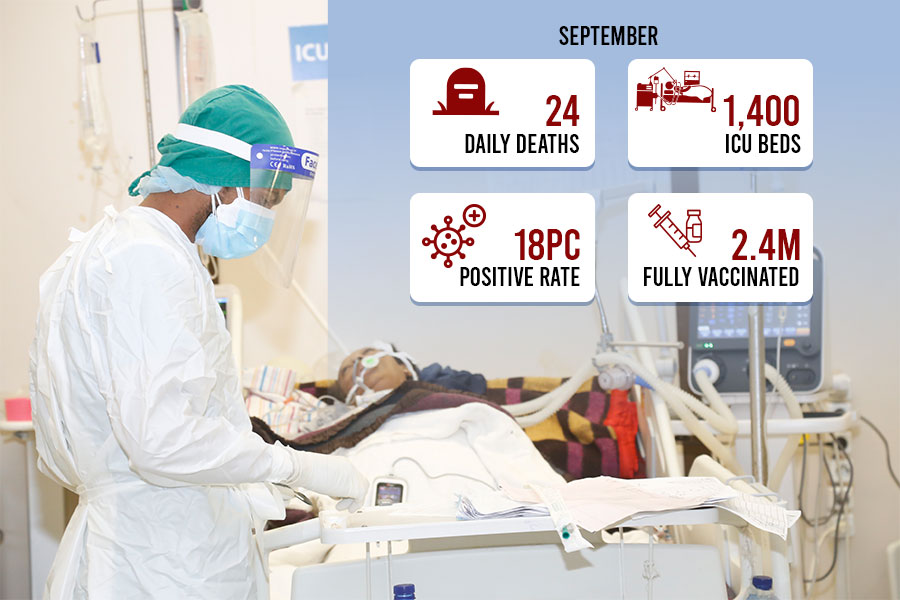
Fortune News | Sep 18,2021
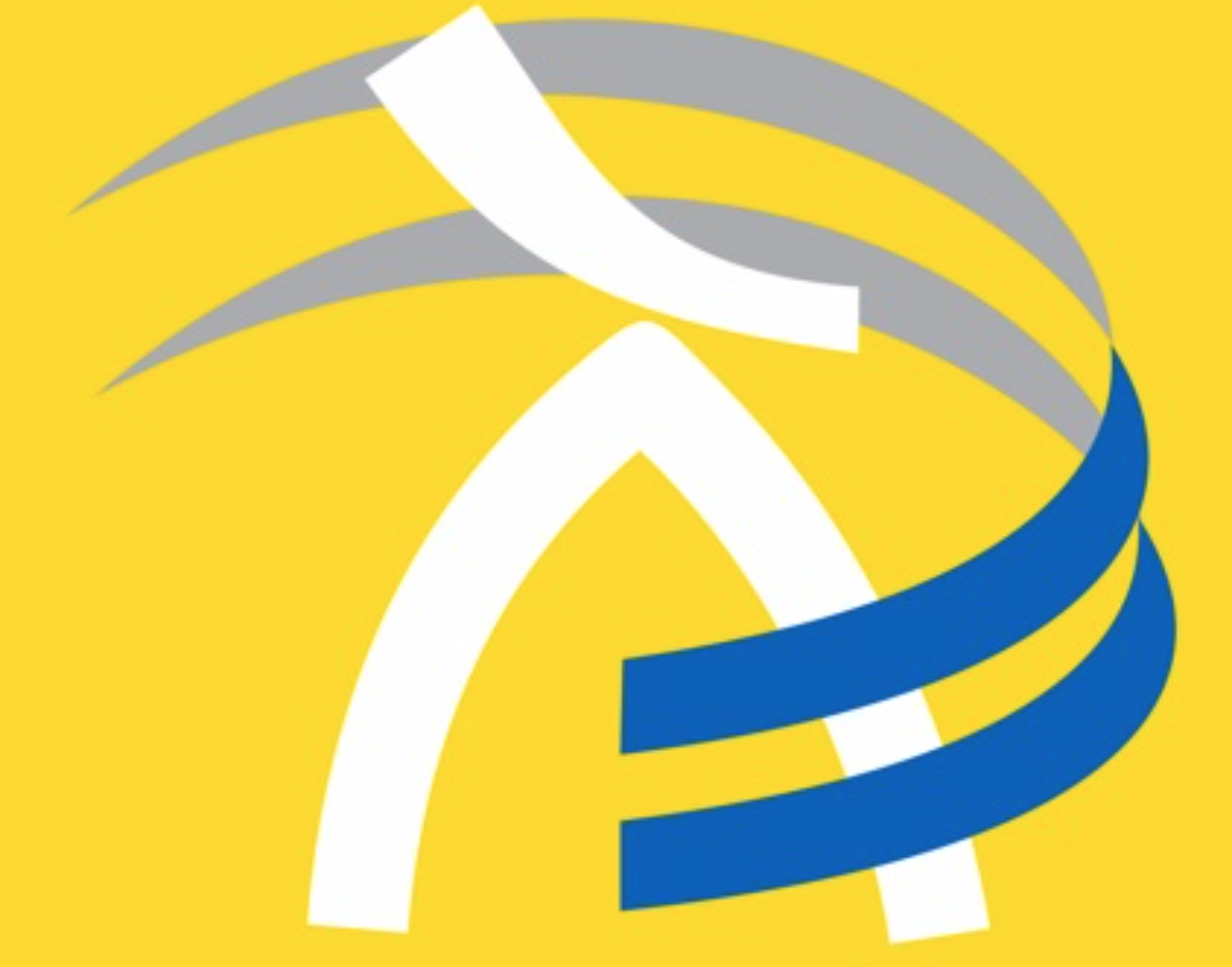
Fortune News | May 26,2021
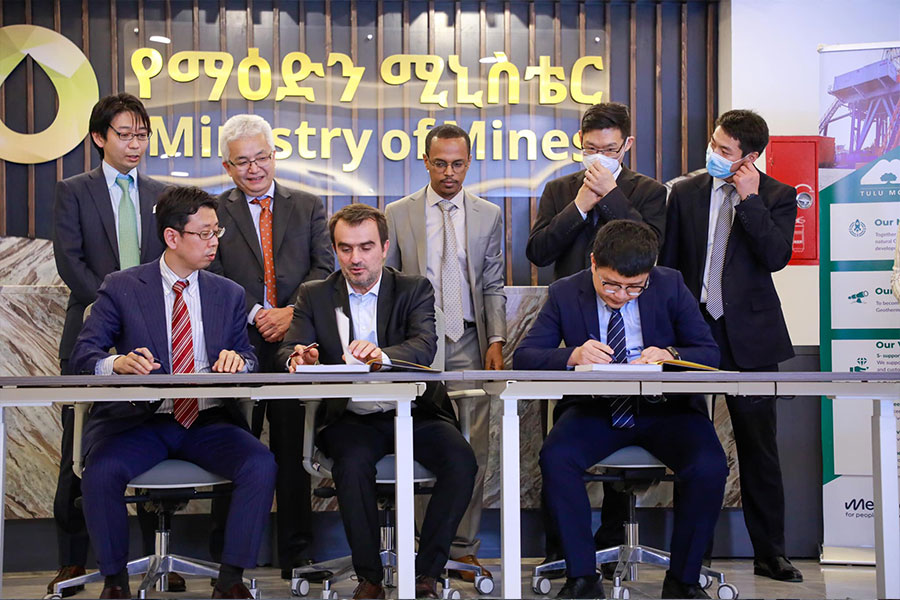
Fortune News | Apr 02,2022
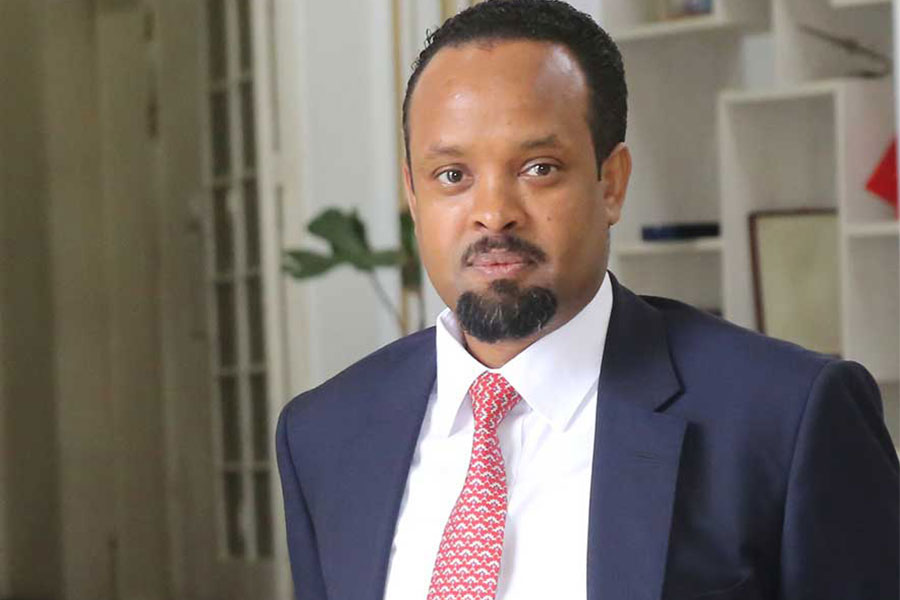
Fortune News | Aug 13,2022

Fortune News | Jan 02,2021
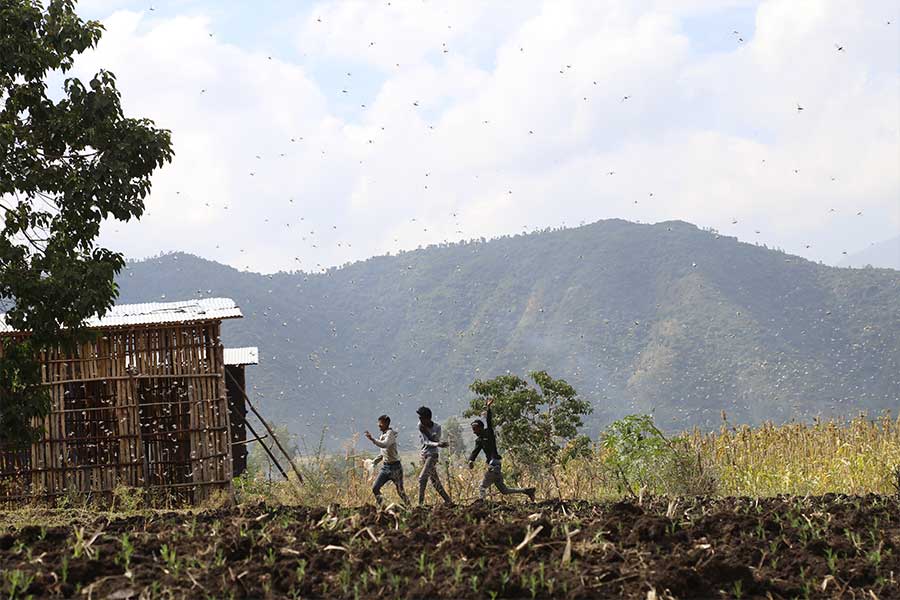
View From Arada | Dec 26,2020

Radar | Feb 01,2020

Editorial | Sep 06,2020

Dec 22 , 2024 . By TIZITA SHEWAFERAW
Charged with transforming colossal state-owned enterprises into modern and competitiv...

Aug 18 , 2024 . By AKSAH ITALO
Although predictable Yonas Zerihun's job in the ride-hailing service is not immune to...

Jul 28 , 2024 . By TIZITA SHEWAFERAW
Unhabitual, perhaps too many, Samuel Gebreyohannes, 38, used to occasionally enjoy a couple of beers at breakfast. However, he recently swit...

Jul 13 , 2024 . By AKSAH ITALO
Investors who rely on tractors, trucks, and field vehicles for commuting, transporting commodities, and f...

Oct 18 , 2025
The political establishment, notably the ruling party and its top brass, has become p...

Oct 11 , 2025
Ladislas Farago, a roving Associated Press (AP) correspondent, arrived in Ethiopia in...

Oct 4 , 2025
Eyob Tekalegn (PhD) had been in the Governor's chair for only weeks when, on Septembe...

Sep 27 , 2025
Four years into an experiment with “shock therapy” in education, the national moo...